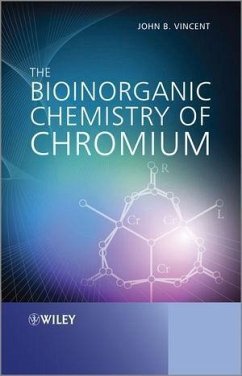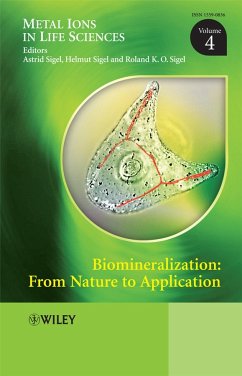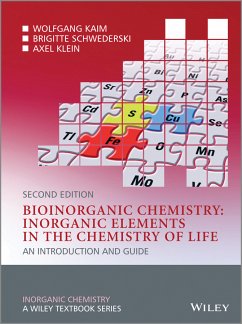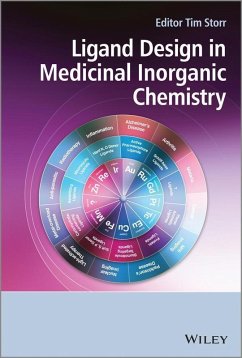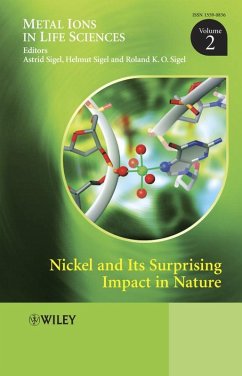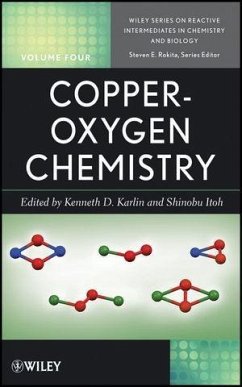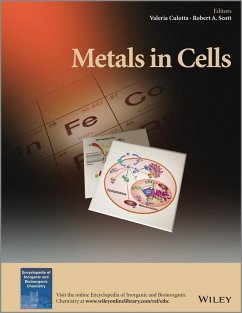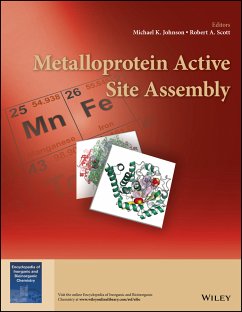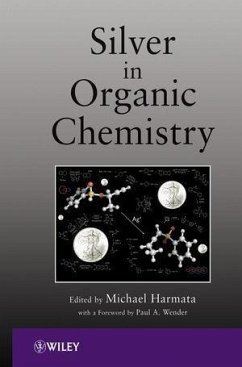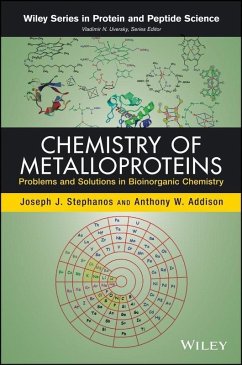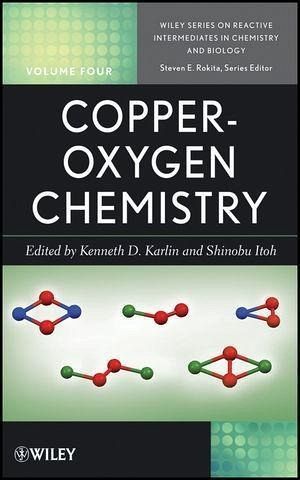
Copper-Oxygen Chemistry (eBook, PDF)
Versandkostenfrei!
Sofort per Download lieferbar
137,99 €
inkl. MwSt.
Weitere Ausgaben:

PAYBACK Punkte
0 °P sammeln!
Covers the vastly expanding subject of oxidative processes mediated by copper ions within biological systems Copper-mediated biological oxidations offer a broad range of fundamentally important and potentially practical chemical processes that cross many chemical and pharmaceutical disciplines. This newest volume in the Wiley Series on Reactive Intermediates in Chemistry and Biology is divided into three logical areas within the topic of copper/oxygen chemistry-- biological systems, theory, and bioinorganic models and applications--to explore the biosphere for its highly evolved and thus effic...
Covers the vastly expanding subject of oxidative processes mediated by copper ions within biological systems Copper-mediated biological oxidations offer a broad range of fundamentally important and potentially practical chemical processes that cross many chemical and pharmaceutical disciplines. This newest volume in the Wiley Series on Reactive Intermediates in Chemistry and Biology is divided into three logical areas within the topic of copper/oxygen chemistry-- biological systems, theory, and bioinorganic models and applications--to explore the biosphere for its highly evolved and thus efficient oxidative transformations in the discovery of new types of interactions between molecular oxygen and copper ion. Featuring a diverse collection of subject matter unified in one complete and comprehensive resource, Copper-Oxygen Chemistry probes the fundamental aspects of copper coordination chemistry, synthetic organic chemistry, and biological chemistry to reveal both the biological and chemical aspects driving the current exciting research efforts behind copper-oxygen chemistry. In addition, Copper-Oxygen Chemistry: * Addresses the significantly increasing literature on oxygen-atom insertion and carbon-carbon bond-forming reactions as well as enantioselective oxidation chemistries * Progresses from biological systems to spectroscopy and theory, and onward to bioinorganic models and applications * Covers a wide array of reaction types such as insertion and dehydrogenation reactions that utilize the cheap, abundant, and energy-containing O2 molecule With thorough coverage by prominent authors and researchers shaping innovations in this growing field, this valuable reference is essential reading for bioinorganic chemists, as well as organic, synthetic, and pharmaceutical chemists in academia and industry.
Dieser Download kann aus rechtlichen Gründen nur mit Rechnungsadresse in D ausgeliefert werden.



